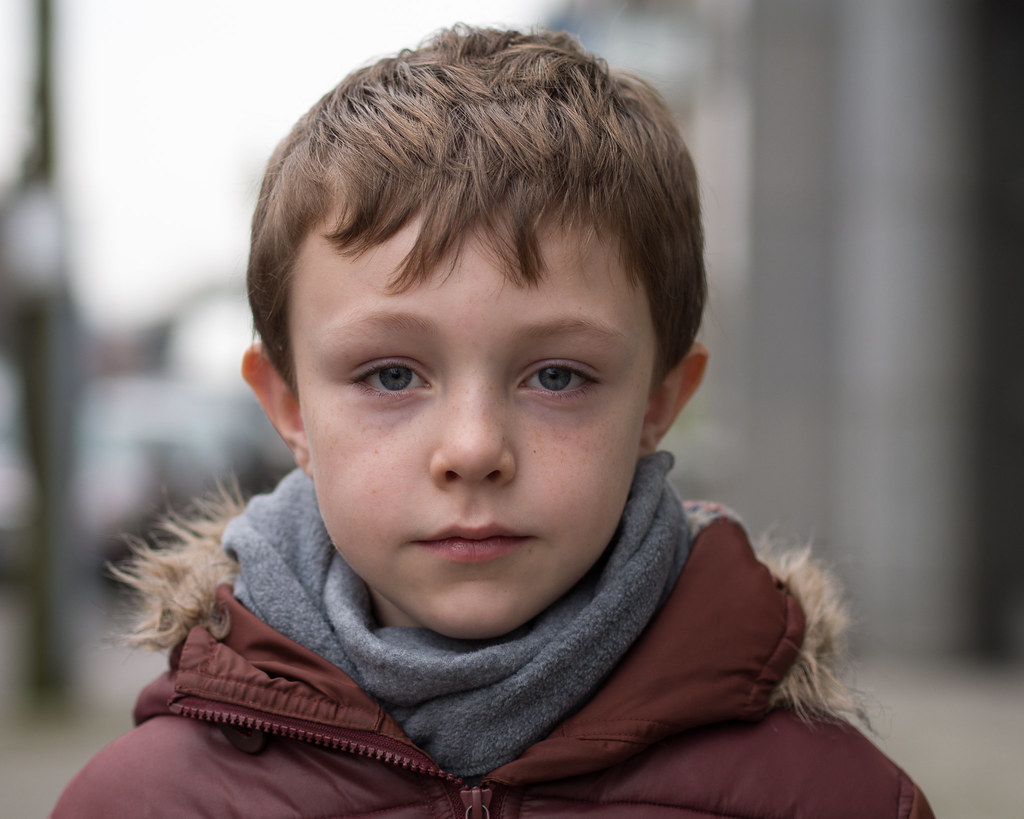thinkscotty
TPF Noob!
- Joined
- Aug 6, 2015
- Messages
- 7
- Reaction score
- 0
- Location
- Chicagoland, IL, USA
- Can others edit my Photos
- Photos OK to edit
See the poll above for a quick way to help!
I've learned photography (taken courses, spent a lot of time, etc.) over the past year in order to produce great material for my advocacy nonprofit's social media and print programming. Storytelling via images and video, creating an engaging multimedia experience that changes people's hearts and minds, etc.
Turns out, though, that I was more than just decent at photography. I get great reviews on my pictures, and I want to start getting into photography as a professional side gig. I already use the skills at work every day anyway. I could use the money, I already have the photo and lightroom/photoshop skills...and why the hell not, right?
Now, up to this point I've been 100% using my Nonprofit's crop-sensor Canon DSLR with a couple of medium-quality primes.
It's time for me to get my own system.
Given that I travel a lot, like street photography, have generally disliked using the large DSLRs I've rented (they take some of the soul out of the process for me personally), I'm about 90% convinced that I want a mirrorless camera.
I know all the pros and cons - believe me, I've done my homework. Choosing a DSLR basically comes down to having an optical viewfinder and more camera and lens options - not good enough reasons for me. I also GENERALLY know differences between options within in the mirrorless world. But I wanted others' opinions too since I've never even used a micro 4/3 camera. Yes, I'll try one before buying. Please note that price IS an object for me, though I could swing the basics for all these systems (just probably fewer and cheaper lenses for the A7ii).
So it's down to these systems:
-Sony A7ii (Full-Frame)
-Panasonic GX-8 (Micro 4/3)
-Olympus OMD EM5ii (Micro 4/3 - probably won't get)
-FujiFilm XT-1 (APS-C - probably won't get)
I'm really leaning toward the Panasonic GX-8, but keep questioning myself. I like that the 4/3 system is small-ish, has a lot of "soul", is full featured, is much less expensive as a system, and still produces great images, at least from what I've seen. I especially like that the GX-8 is brand new technology (actually not even available for another week or so).
Major Questions:
1) Can you really do pro photography with Micro 4/3. If so - why does everyone use a Canon or Nikon still?
2) Is the reduced Bokeh in Micro 4/3 a big deal?
3) How much am I missing by skipping the full frame?
4) Any general advice for a semi-pro looking to build a system.
My usage will mainly be for portraits, pets, street, event, and travel photography.
I've learned photography (taken courses, spent a lot of time, etc.) over the past year in order to produce great material for my advocacy nonprofit's social media and print programming. Storytelling via images and video, creating an engaging multimedia experience that changes people's hearts and minds, etc.
Turns out, though, that I was more than just decent at photography. I get great reviews on my pictures, and I want to start getting into photography as a professional side gig. I already use the skills at work every day anyway. I could use the money, I already have the photo and lightroom/photoshop skills...and why the hell not, right?
Now, up to this point I've been 100% using my Nonprofit's crop-sensor Canon DSLR with a couple of medium-quality primes.
It's time for me to get my own system.
Given that I travel a lot, like street photography, have generally disliked using the large DSLRs I've rented (they take some of the soul out of the process for me personally), I'm about 90% convinced that I want a mirrorless camera.
I know all the pros and cons - believe me, I've done my homework. Choosing a DSLR basically comes down to having an optical viewfinder and more camera and lens options - not good enough reasons for me. I also GENERALLY know differences between options within in the mirrorless world. But I wanted others' opinions too since I've never even used a micro 4/3 camera. Yes, I'll try one before buying. Please note that price IS an object for me, though I could swing the basics for all these systems (just probably fewer and cheaper lenses for the A7ii).
So it's down to these systems:
-Sony A7ii (Full-Frame)
-Panasonic GX-8 (Micro 4/3)
-Olympus OMD EM5ii (Micro 4/3 - probably won't get)
-FujiFilm XT-1 (APS-C - probably won't get)
I'm really leaning toward the Panasonic GX-8, but keep questioning myself. I like that the 4/3 system is small-ish, has a lot of "soul", is full featured, is much less expensive as a system, and still produces great images, at least from what I've seen. I especially like that the GX-8 is brand new technology (actually not even available for another week or so).
Major Questions:
1) Can you really do pro photography with Micro 4/3. If so - why does everyone use a Canon or Nikon still?
2) Is the reduced Bokeh in Micro 4/3 a big deal?
3) How much am I missing by skipping the full frame?
4) Any general advice for a semi-pro looking to build a system.
My usage will mainly be for portraits, pets, street, event, and travel photography.
Last edited:

 Street music 3
Street music 3 Barcelona signed
Barcelona signed  Boy
Boy Fira santorini by night (1)
Fira santorini by night (1) paris Arc triomphe stairs
paris Arc triomphe stairs Paris by night
Paris by night





![[No title]](/data/xfmg/thumbnail/31/31977-2b717e032201241cbeae8226af23eba4.jpg?1734160754)

![[No title]](/data/xfmg/thumbnail/31/31979-ea92aca54ae865842d998c9cec534991.jpg?1734160756)


